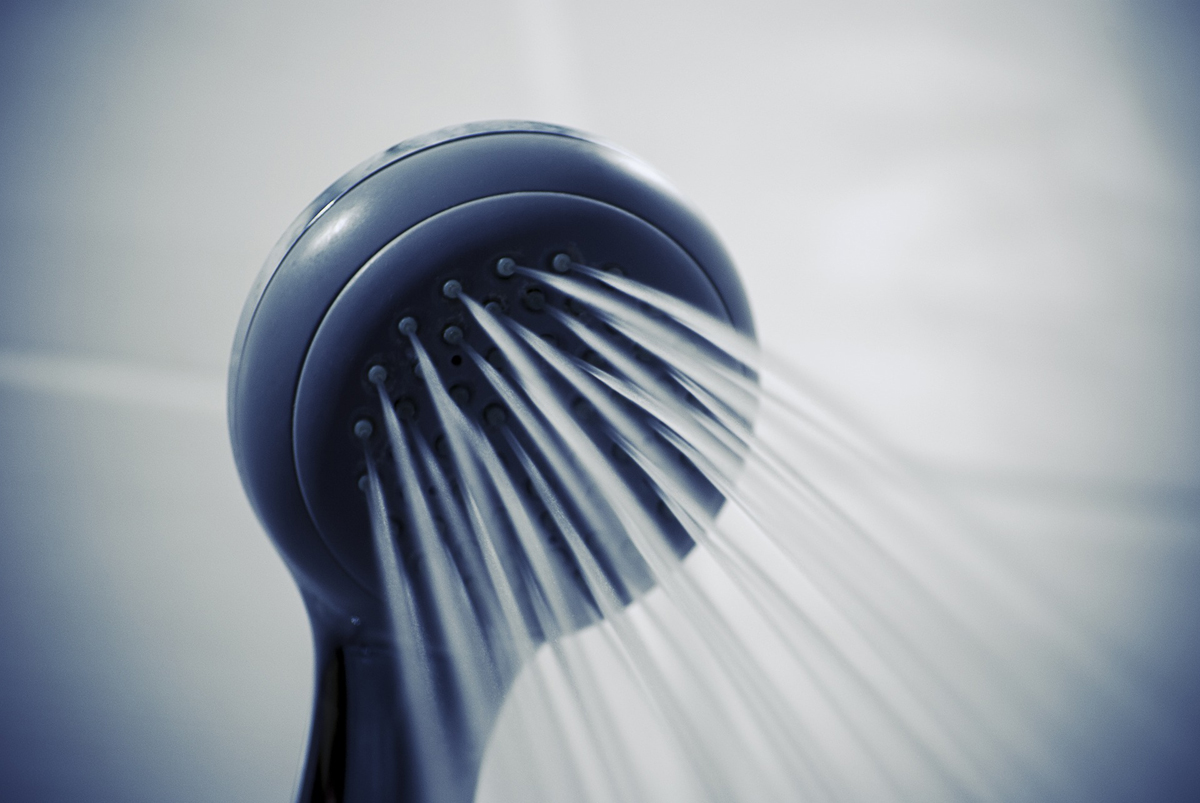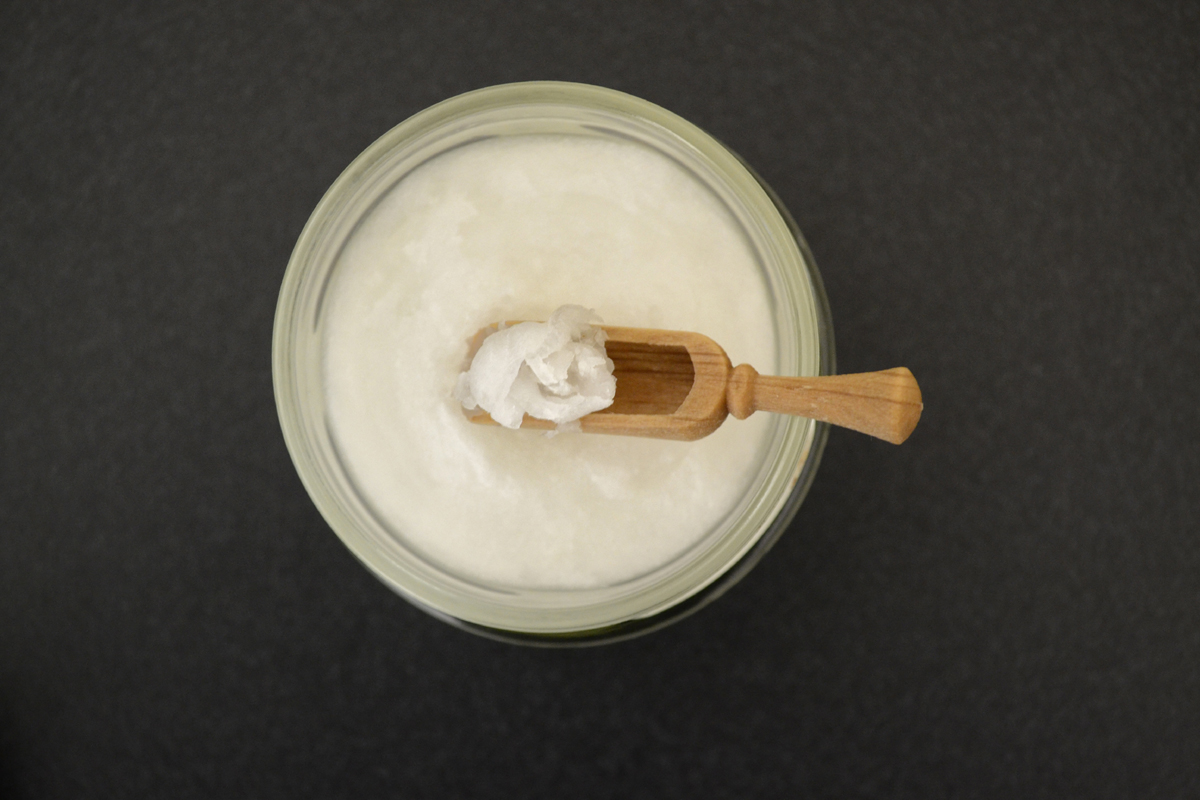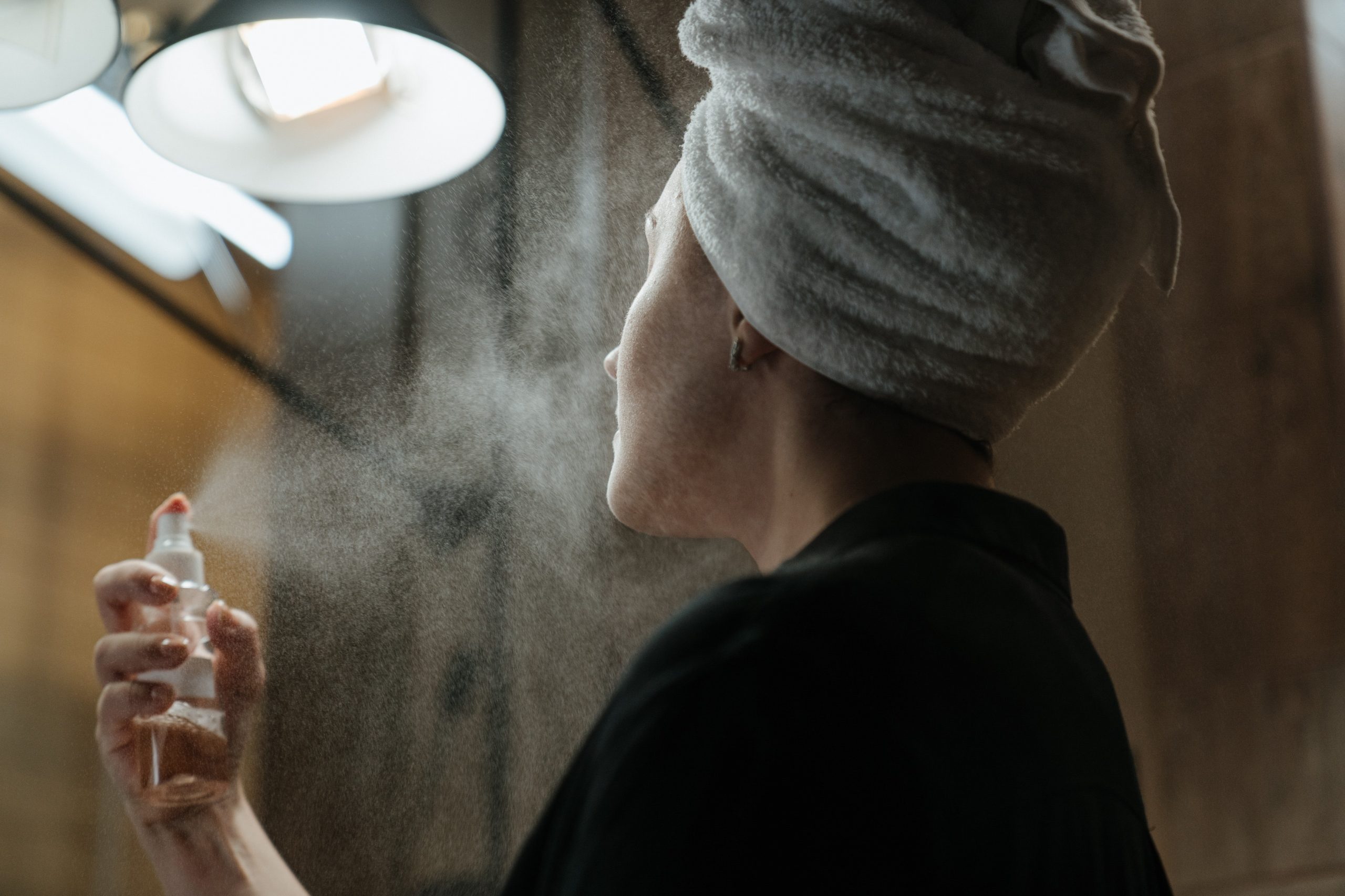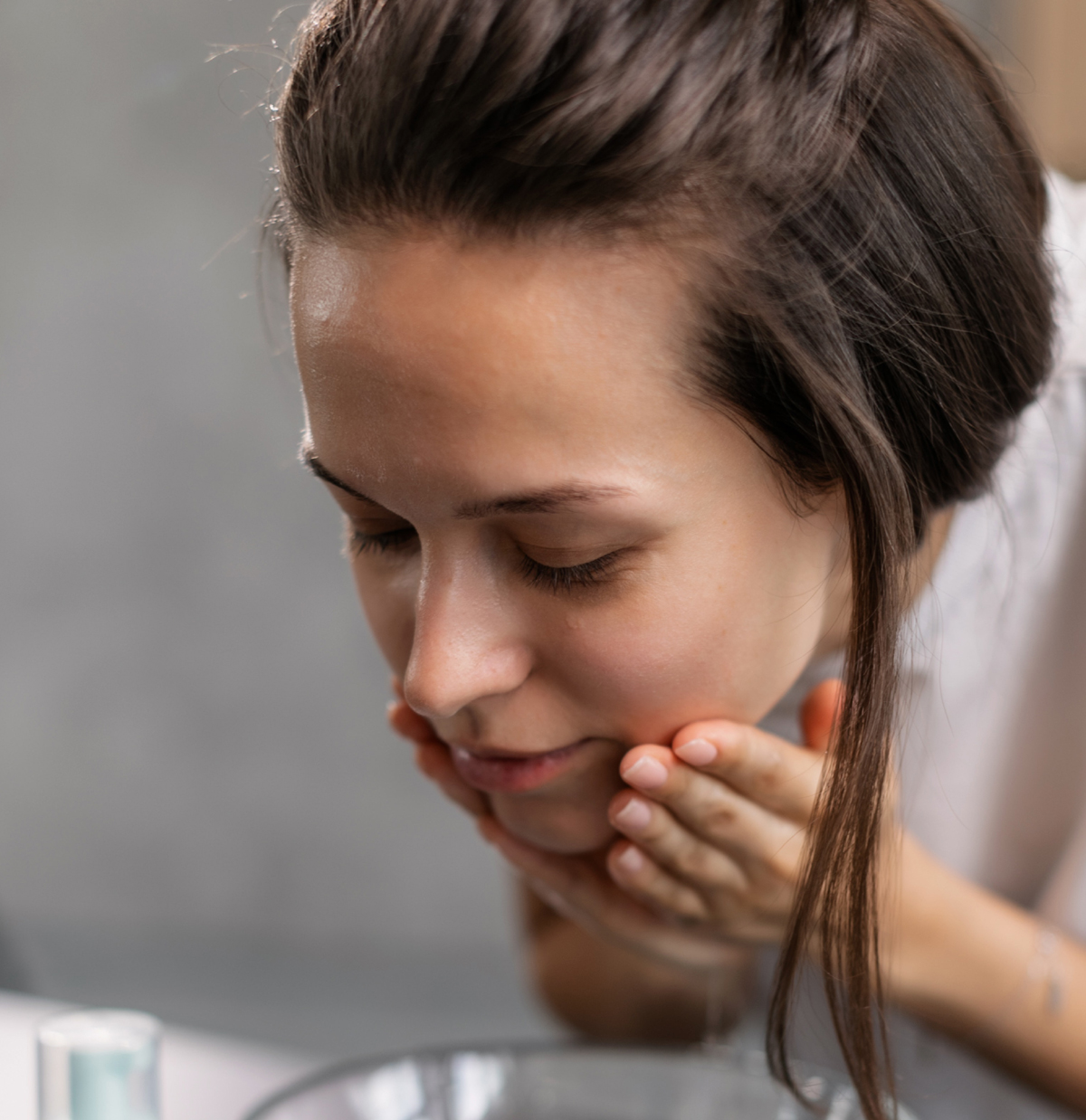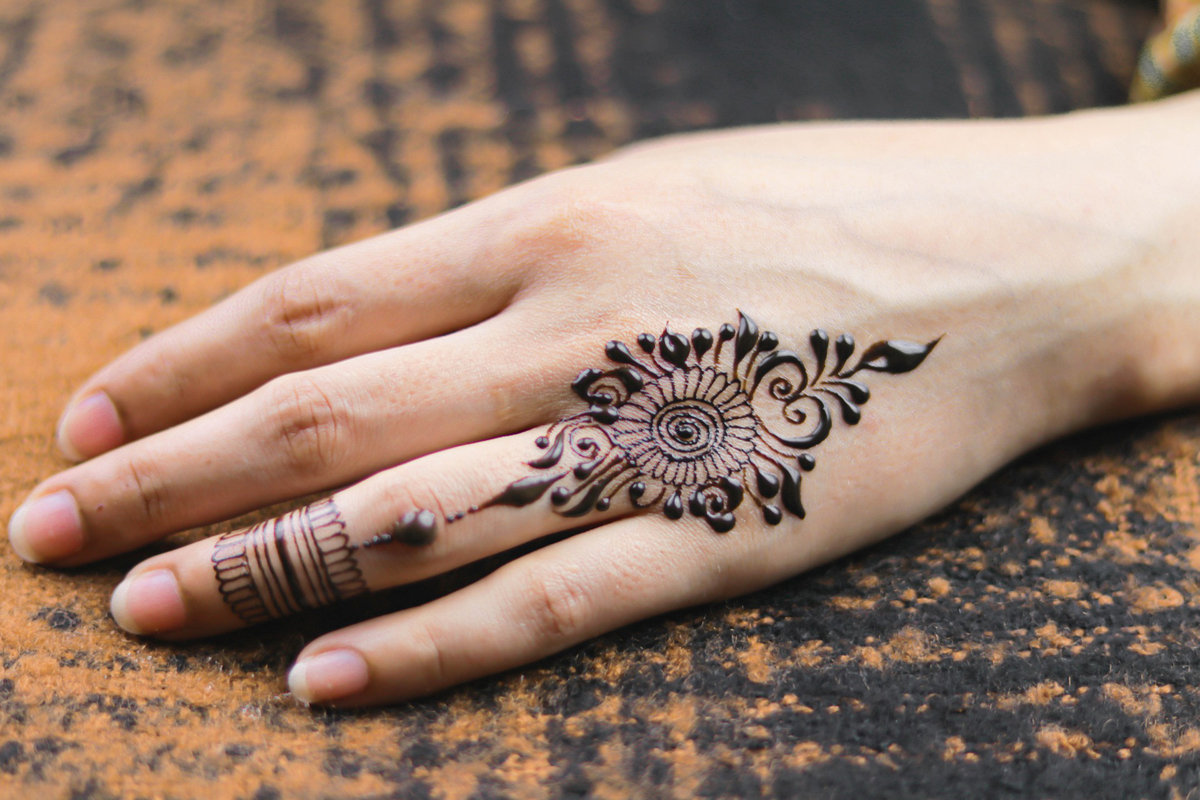Questions and Answers about Acne (part 4)

How Should People With Acne Care for Their Skin?
Clean Skin Gently
Most doctors recommend that people with acne gently wash their skin with a mild cleanser, once in the morning and once in the evening and after heavy exercise. Some people with acne may try to stop outbreaks and oil production by scrubbing their skin and using strong detergent soaps and rough scrub pads. However, scrubbing will not improve acne; in fact, it can make the problem worse. Patients should ask their doctor or another health professional for advice on the best type of cleanser to use. Patients should wash their face from under the jaw to the hairline. It is important that patients thoroughly rinse their skin after washing it. Astringents are not recommended unless the skin is very oily, and then they should be used only on oily spots. Doctors also recommend that patients regularly shampoo their hair. Those with oily hair may want to shampoo it every day.
Avoid Frequent Handling of the Skin
People who squeeze, pinch, or pick their blemishes risk developing scars or dark blotches. People should avoid rubbing and touching their skin lesions.
Shave Carefully
Men who shave and who have acne can test both electric and safety razors to see which is more comfortable. Men who use a safety razor should use a sharp blade and soften their beard thoroughly with soap and water before applying shaving cream. Nicking blemishes can be avoided by shaving lightly and only when necessary.
Avoid a Sunburn or Suntan
Many of the medicines used to treat acne can make a person more prone to sunburn. A sunburn that reddens the skin or suntan that darkens the skin may make blemishes less visible and make the skin feel drier. However, these benefits are only temporary, and there are known risks of excessive sun exposure, such as more rapid skin aging and a risk of developing skin cancer.
Choose Cosmetics Carefully
People being treated for acne often need to change some of the cosmetics they use. All cosmetics, such as foundation, blush, eye shadow, and moisturizers, should be oil free. Patients may find it difficult to apply foundation evenly during the first few weeks of treatment because the skin may be red or scaly, particularly with the use of topical tretinoin or benzoyl peroxide. Oily hair products may eventually spread over the forehead, causing closed comedones. Products that are labeled as noncomedogenic (do not promote the formation of closed pores) should be used; in some people, however, even these products may cause acne.
What Research Is Being Done on Acne?
Medical researchers are working on new drugs to treat acne, particularly topical antibiotics to replace some of those in current use. As with many other types of bacterial infections, doctors are finding that, over time, the bacteria that are associated with acne are becoming resistant to treatment with certain antibiotics. Research is also being conducted by industry on the potential side effects of isotretinoin and the long-term use of medicines used for treating acne.
Scientists are working on other means of treating acne. For example, researchers are studying the biology of sebaceous cells and testing a laser in laboratory animals to treat acne by disrupting sebaceous glands. Scientists are also studying the treatment of androgenic disorders, including acne, in men by inhibiting an enzyme that changes testosterone to a more potent androgen.
The Author:
Where Can People Find More Information on Acne?
National Institute of Arthritis and Musculoskeletal and Skin Diseases (NIAMS)
National Institutes of Health
1 AMS Circle
Bethesda, MD 20892-3675
Phone: 301-495-4484 or 877-22-NIAMS (226-4267) (free of charge)
TTY: 301-565-2966
Fax: 301-718-6366
NIAMS provides information about various forms of arthritis and rheumatic disease and bone, muscle, joint, and skin diseases. It distributes patient and professional education materials and refers people to other sources of information. Additional information and updates can also be found on the NIAMS Web site.
American Academy of Dermatology
P.O. Box 4014
Schaumburg, IL 60168-4014
Phone: 847-330-0230 or 888-462-3376 (free of charge)
Fax: 847-330-0050
This national organization can provide referrals to dermatologists. It also publishes a brochure on acne for adults and a fact sheet for young people. These are available on the organization’s Web site or can be obtained by calling or writing to the academy.
Publication Date October 2001
Acknowledgments
The NIAMS gratefully acknowledges the assistance of Robert Katz, M.D., Rockville, MD; Larry Miller, M.D., Chevy Chase, MD; Alan Moshell, M.D., NIAMS, NIH; Gary Peck, M.D., Washington Hospital Center, Washington, DC; and Maria Turner, M.D., National Cancer Institute, NIH, in the preparation and review of this booklet.
The mission of the National Institute of Arthritis and Musculoskeletal and Skin Diseases (NIAMS), a part of the National Institutes of Health (NIH), is to support research into the causes, treatment, and prevention of arthritis and musculoskeletal and skin diseases, the training of basic and clinical scientists to carry out this research, and the dissemination of information on research progress in these diseases. The National Institute of Arthritis and Musculoskeletal and Skin Diseases Information Clearinghouse is a public service sponsored by the NIAMS that provides health information and information sources. Additional information can be found on the NIAMS Web site at http://www.niams.nih.gov/.
Additional copies of this booklet are available from
National Institute of Arthritis and Musculoskeletal
and Skin Diseases (NIAMS) Information Clearinghouse
National Institutes of Health (NIH)
1 AMS Circle
Bethesda, MD 20892-3675
NIH Publication No. 01-4998



